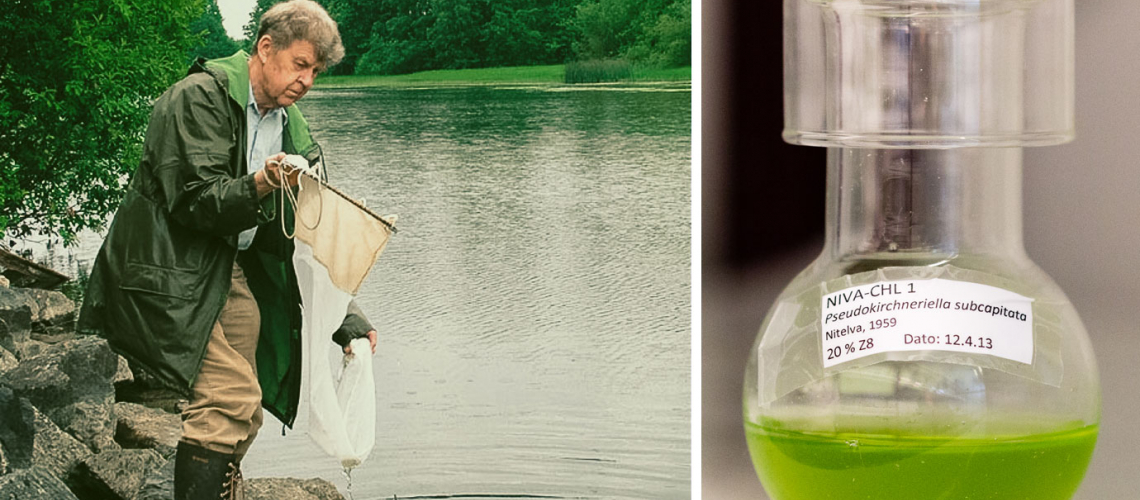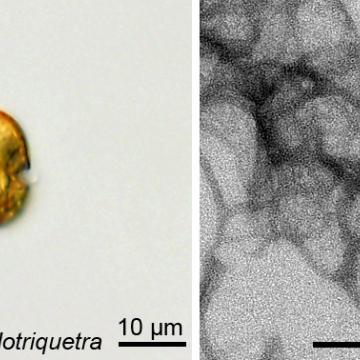The Norwegian Culture Collection of Algae, NORCCA, is the largest algal culture collection in the Nordic countries and maintains and distributes more than 2000 strains of cyanobacteria, microalgae and macroalgae. It is owned and operated by the Norwegian Institute for Water Research (NIVA) and the University of Oslo (UIO) in collaboration. It is located at NIVA, Hasle in Oslo and at UiO, Department of Biosciences on Blindern campus. NORCCA is a part of the European infrastructure EMBRC and the Norwegian national infrastructure EMBRC-Norway. It is also a core facility at UiO.
NORCCA offers algal strains for research, education, innovation and commercial use for both public and private laboratories, and schools. We can also offer algal medium. We are available for advice on culturing and selection of strains, and can connect you to algal researchers at NIVA and UiO for expert advice or collaboration.
NORCCA was established in 2016 when three culture collections merged into one; the NIVA Culture Collection of Algae (NIVA-CCA), The University of Oslo Culture Collection of Algae (UIO-CCA) and the Scandinavian Culture Collection of Algae and Protozoa (SCCAP) at the University of Copenhagen (UoC), Denmark.
History of the collection
Norway has a long tradition in algal research and the use of algal cultures in experiments. Professor Trygve Braarud at Section for Marine Botany, Department of Biology, UiO was a pioneer and started using algal cultures in research already in the 1930ies. Braarud’s students, senior scientist Olav Skulberg (NIVA), professors Eystein Paasche, Jahn Throndsen, Dag Klaveness (UIO) and their students later developed algal culture collections in Oslo. The SSCAP was established in the 1950s by Professor Tyge Christensen. The collection grew steadily during the 1970s and 1980s with new isolates brought into culture by staff and students at UoC such as Professor Øyvind Moestrup, Drs. Jacob Larsen and Gert Hansen. Algal cultures are still a central resource in the research and education at all three institutes.




